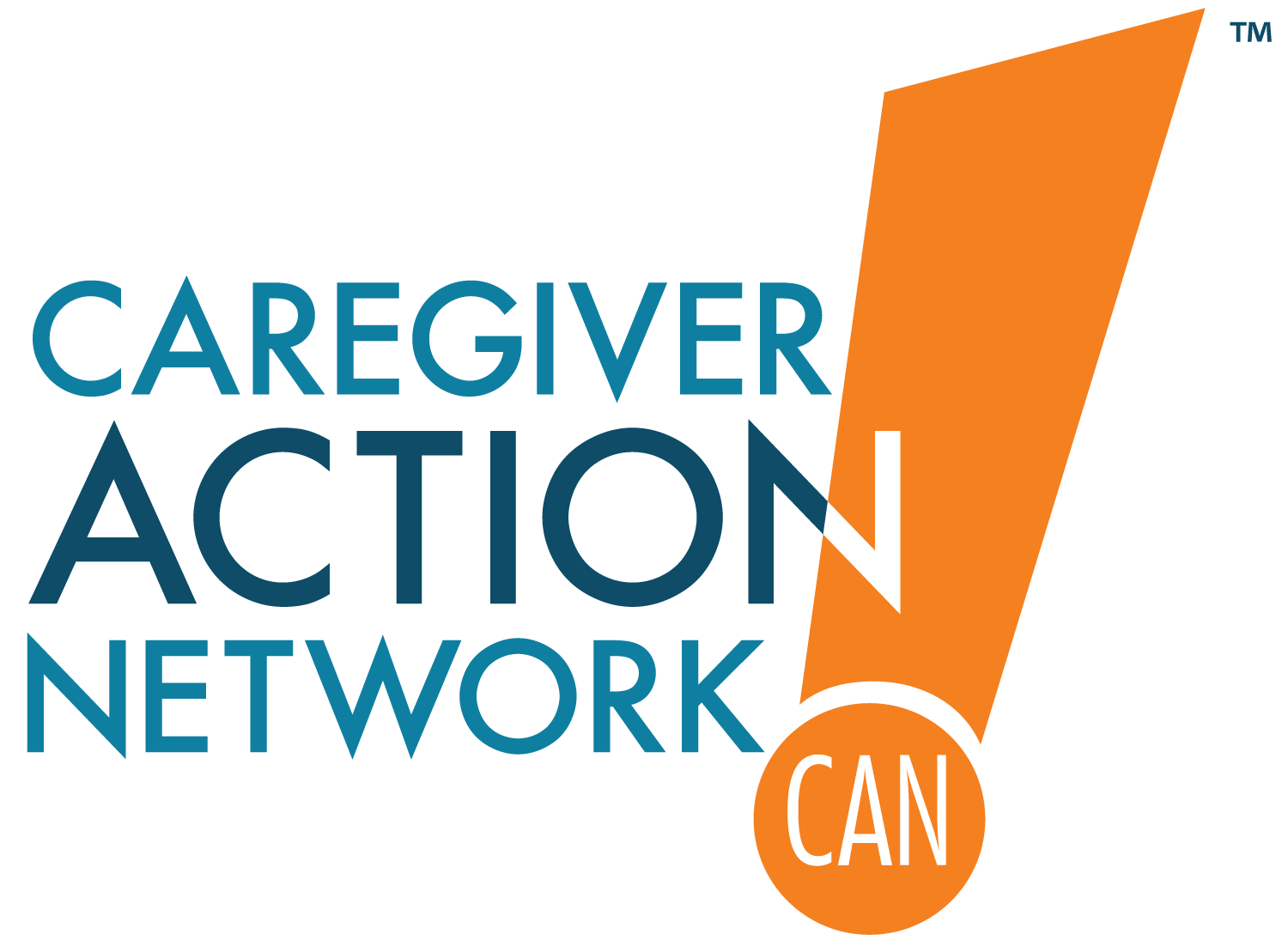Tardive Dyskinesia is a neurological movement disorder caused by long-term use of certain medications, especially antipsychotics. It results in involuntary, repetitive body movements, often in the face, tongue, or limbs. TD typically develops after prolonged use of anti-psychotic medications. The risk increases with prolonged medication use, especially in older adults.
Common signs include lip-smacking, tongue thrusting, grimacing, rapid blinking, or jerky movements in the arms and legs. If you notice these symptoms, speak with their healthcare provider as early diagnosis is key.
TD can be long-lasting and, in some cases, permanent. However, some people experience symptom reduction over time, especially with early intervention and proper treatment.
Yes. There are FDA-approved medications for TD, and adjusting the current medication regimen (under medical supervision) may also help. Encourage regular follow-ups with a neurologist or psychiatrist who specializes in treating TD.
Coordinate care among all healthcare providers. Keep a shared medication list, and advocate for integrated care that considers TD alongside any mental health or physical health needs.
Keep a symptom journal that includes the dates, any changes in medication, and any side effects your loved one experiences. Bring it to appointments. If needed, consider seeking a second opinion or ask for a referral to a neurologist or a TD specialist.
Yes. Organizations such as Caregiver Action Network, the National Alliance on Mental Illness (NAMI), among others, may offer caregiver resources and peer support groups. Ask your provider or search for TD-specific forums and support communities.
